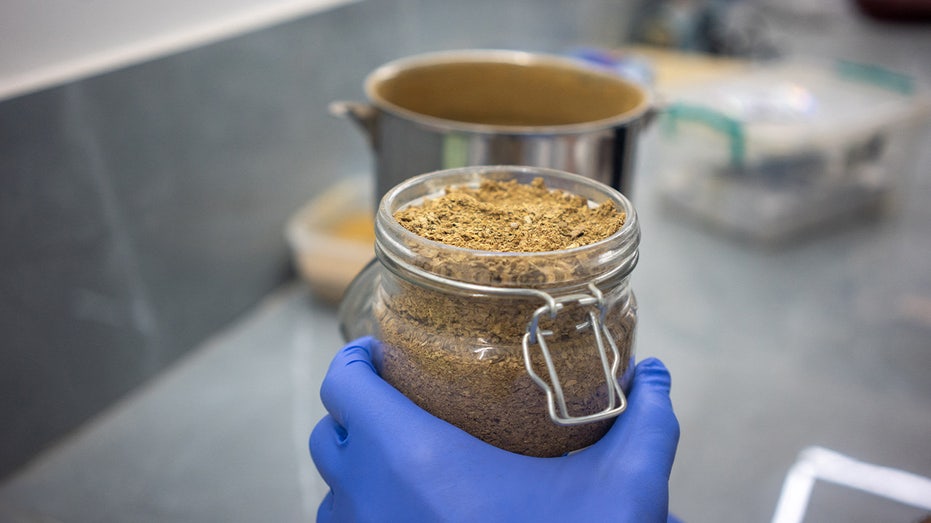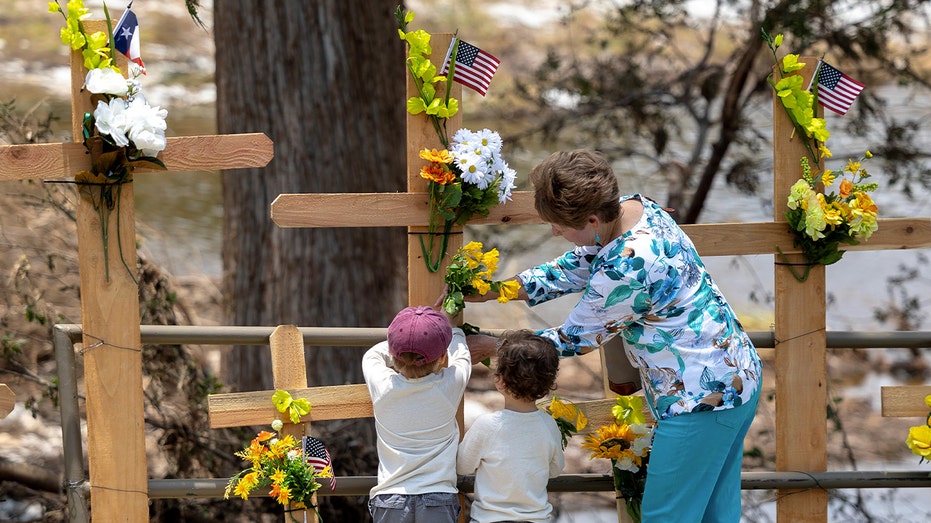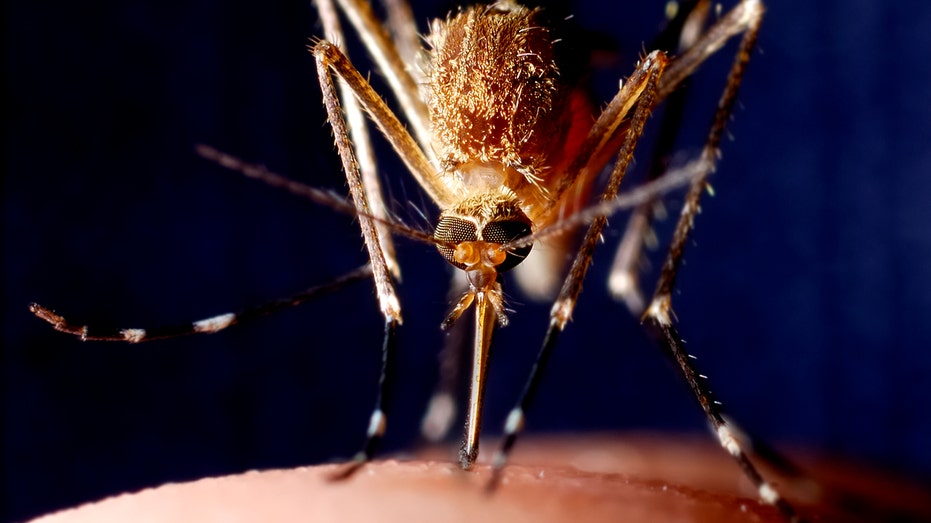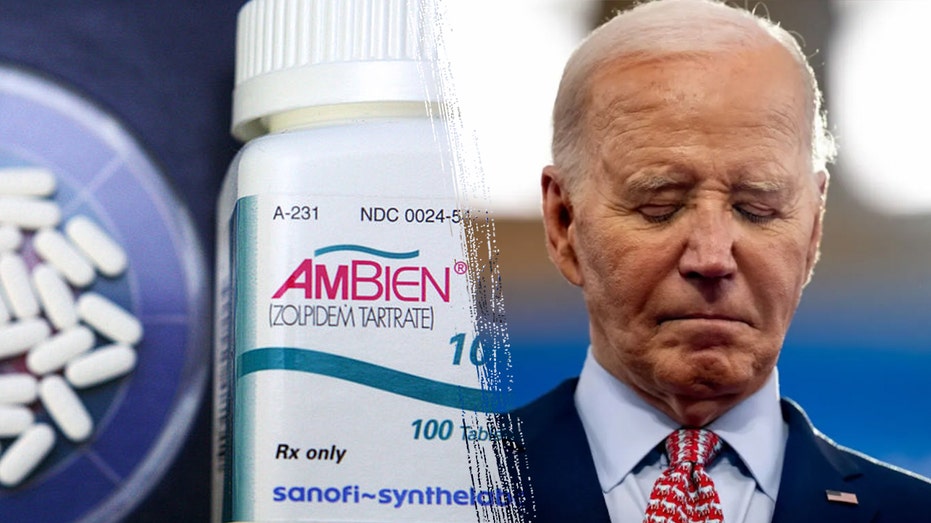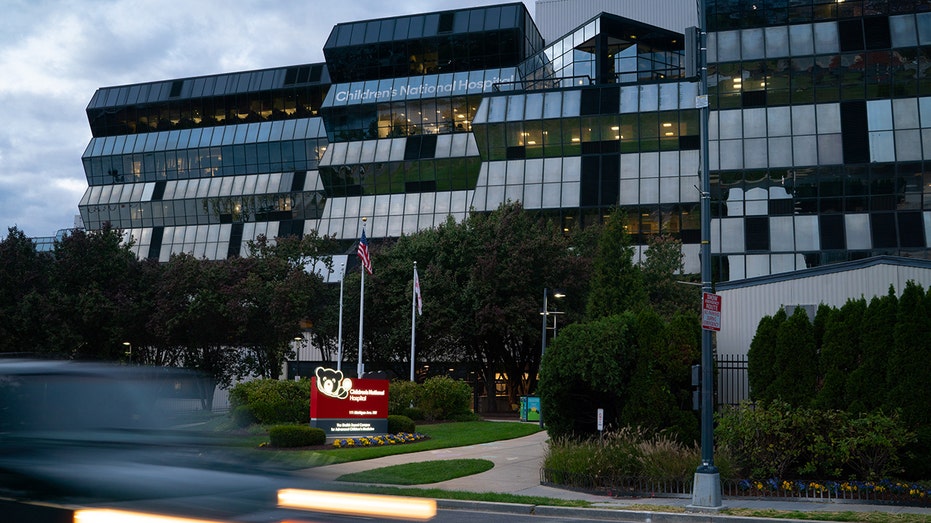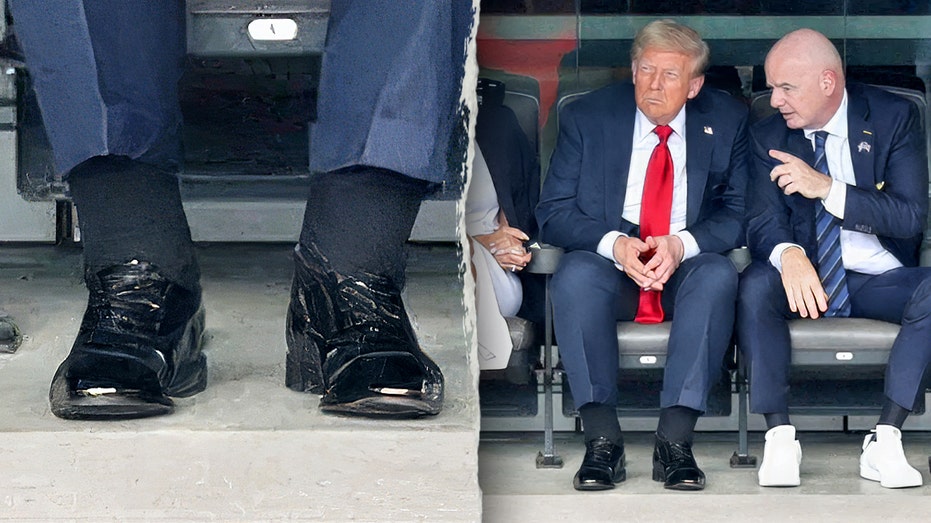Veterans Seek Forbidden Ibogaine Treatment in Mexico as Texas Leads Research Push

Sarah Johnson
July 18, 2025
Brief
Veterans cross into Mexico for ibogaine, a psychedelic treatment for PTSD, as Texas pushes for groundbreaking research to heal combat scars.
In a remarkable journey of hope and healing, veterans are crossing the border into Mexico to access a controversial psychedelic treatment derived from the African iboga shrub, known as ibogaine. This plant-based extract, hailed by many as a game-changer for treating PTSD and traumatic brain injuries, has sparked both personal transformations and political battles back home in the U.S.
For years, desperate veterans have sought out ibogaine south of the border, returning with powerful stories of recovery from the invisible scars of war. Yet, in the United States, this substance remains off-limits—classified as a Schedule I drug under the Controlled Substances Act, deemed to have no medical value and high addiction potential. Even studying it is a hurdle, but Texas is stepping up to challenge that status quo with groundbreaking legislation.
Former Texas Governor Rick Perry has emerged as an unlikely advocate for ibogaine, passionately arguing its potential to save lives. "We sent 1,000 warfighters down to Mexico to be treated, and we know how they're coming back healed," Perry emphasized in a recent documentary. His conviction, once unthinkable for a figure like him, now fuels a push to make Texas a global leader in ibogaine research. A new law, signed by Governor Greg Abbott, authorizes FDA-approved clinical trials to explore ibogaine as a treatment for opioid use disorder and behavioral health issues, particularly for veterans.
Voices from the veteran community echo this urgency. Stories from Marine and Navy veterans, alongside advocates like retired Navy SEAL Marcus Capone and his wife Amber, who founded VETS to facilitate safe psychedelic therapies, reveal the profound personal toll of untreated trauma. Amber’s poignant realization during a funeral for a fellow veteran’s spouse—that silence could lead to more loss—drove her to speak out before Texas lawmakers.
Despite mounting evidence of ibogaine’s therapeutic value, bureaucratic barriers persist. As Dr. Nolan Williams of Stanford Medicine points out, the Catch-22 of its Schedule I status blocks approval while research remains stifled. Still, with Texas taking the lead, there’s a glimmer of hope that science and compassion might finally align to support those who’ve sacrificed so much.
Topics
Editor's Comments
Well, folks, it seems Texas is trading cowboy hats for lab coats, lassoing a psychedelic shrub to heal our heroes. Who knew the Lone Star State would become the wild west of mind-bending medicine? If ibogaine works as promised, we might just see veterans trading war stories for peace-of-mind memoirs. But let’s hope the red tape doesn’t trip up this trailblazing effort—after all, bureaucracy is the real Schedule I problem here!
Like this article? Share it with your friends!
If you find this article interesting, feel free to share it with your friends!
Thank you for your support! Sharing is the greatest encouragement for us.
